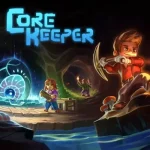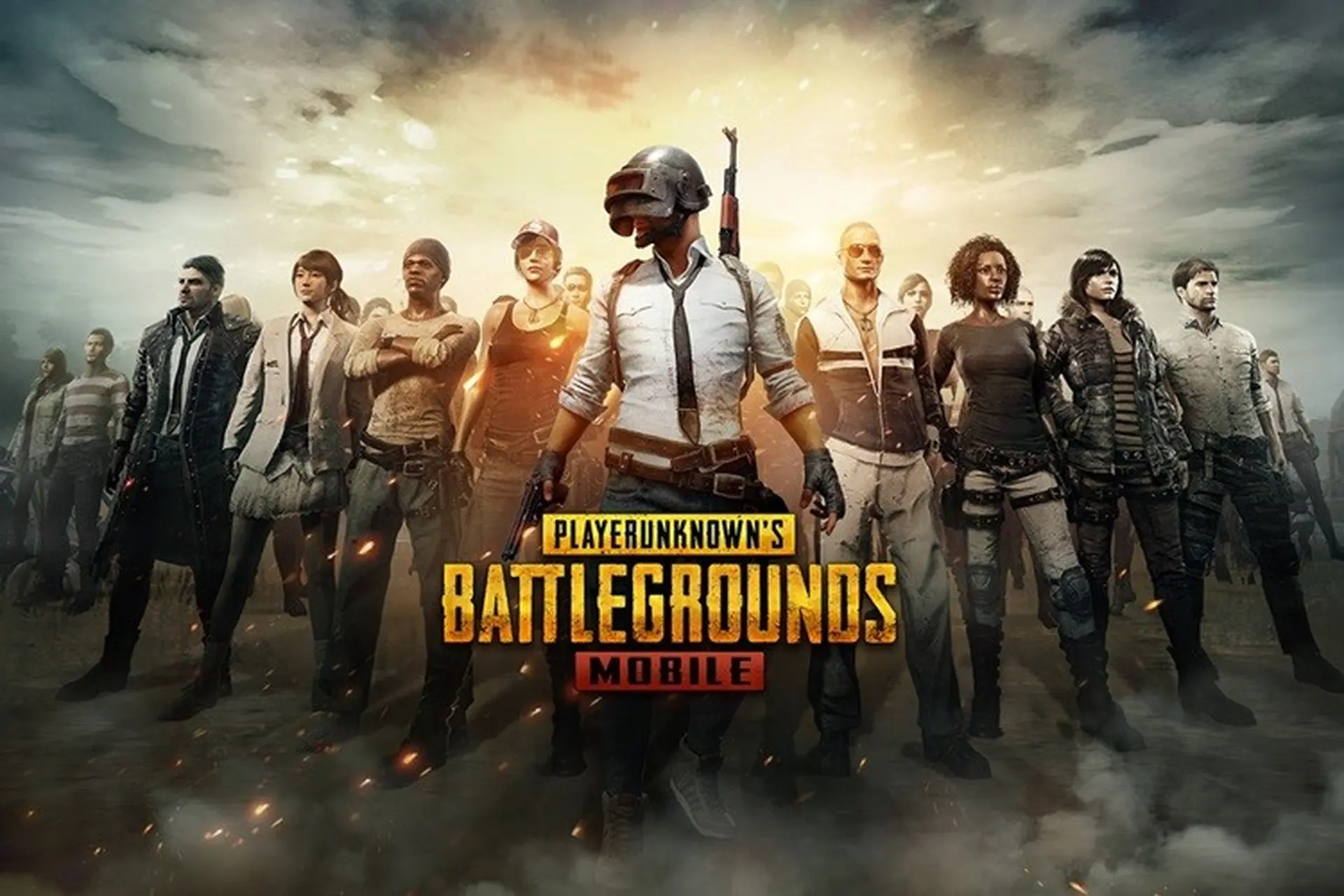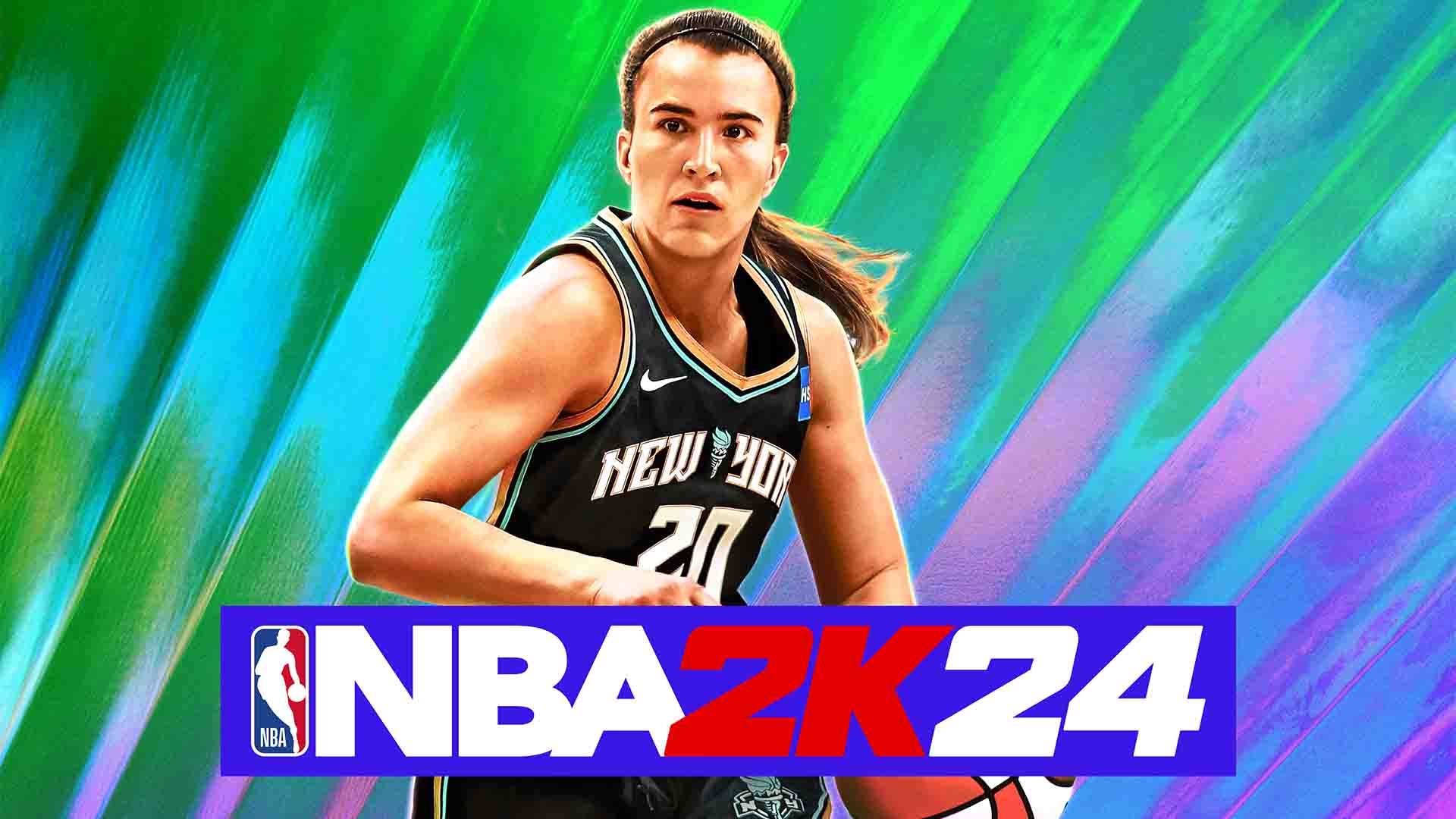Popular Now
Introduction
NBA 2K24’s MyTEAM mode promises fans the fantasy of assembling a dream squad, mixing legends with rising stars to dominate the hardwood. On the surface, it’s a sports card collector’s dream merged with basketball simulation. But beneath the glitz of player packs and reward tiers lies a troubling truth: MyTEAM has become one of the most egregiously pay-to-win modes in the sports gaming industry.
This article takes a deep dive into how NBA 2K24’s MyTEAM mode promotes spending over skill, unbalancing competition and alienating players unwilling or unable to spend real money. We’ll explore how monetization has evolved, where competitive integrity breaks down, and what needs to change to salvage long-term engagement.
The Evolution of Monetization in MyTEAM
When MyTEAM first launched years ago, players could grind for packs, complete challenges, and work toward building a great team at a reasonable pace. Over time, however, monetization strategies have intensified.
In NBA 2K24, monetization reaches a new peak:
-
Player packs are more expensive
-
Odds for elite cards are extremely low
-
Limited-time offers and “must-have” cards pressure users to spend now or fall behind
This system transforms MyTEAM from a rewarding grind into a profit machine, where spending real-world money is often the only path to top-tier success.
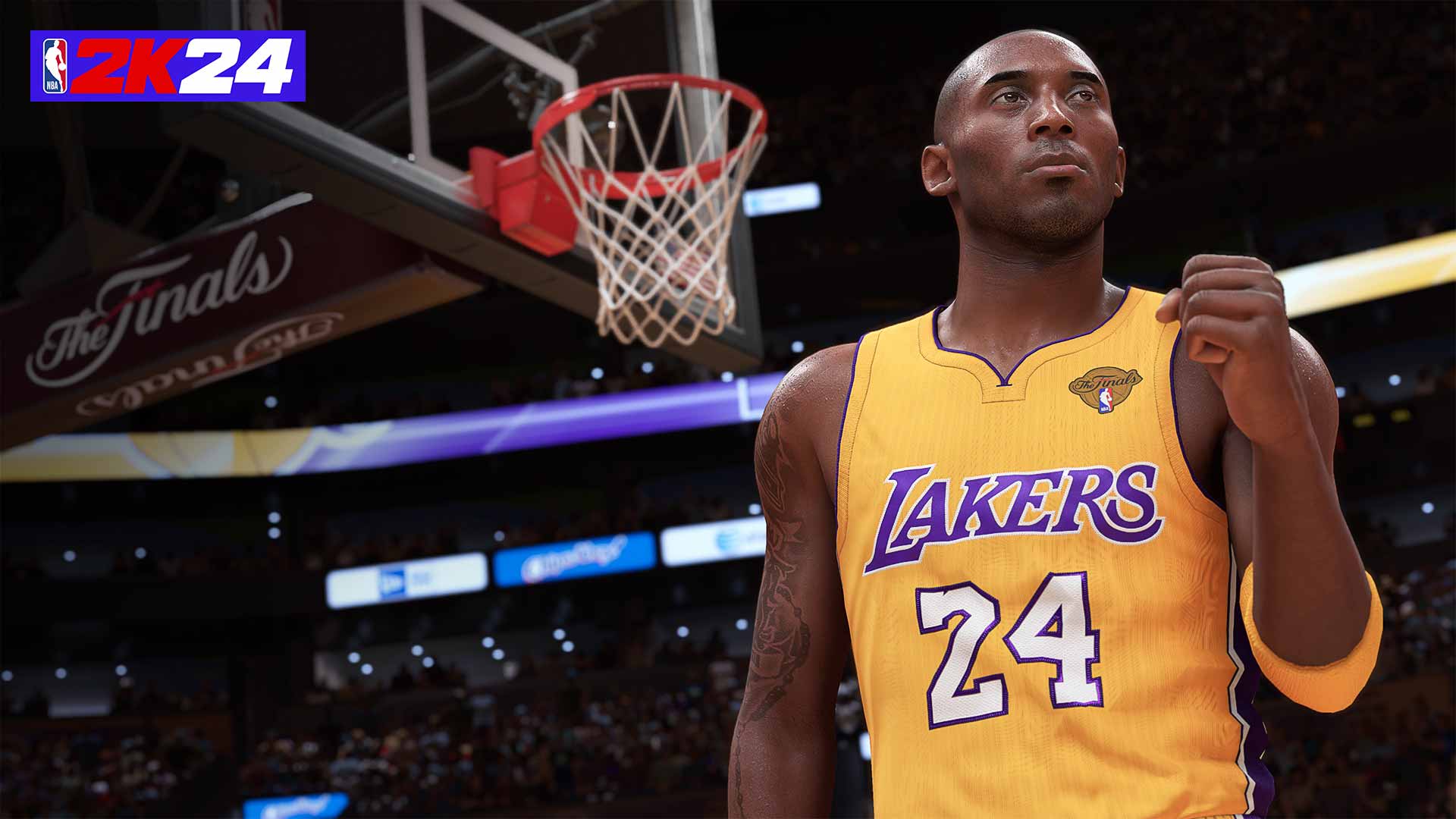
The Lottery System: Predatory Pack Odds
One of the core issues is the randomized nature of player packs. To obtain elite-tier cards like Galaxy Opal or Dark Matter players, users must purchase VC (Virtual Currency) or MT (MyTEAM Points) to open packs. But:
-
Pull rates for top cards are rarely disclosed
-
Most packs yield common or unusable players
-
“Guaranteed” packs still offer little value
This mirrors gambling mechanics, where:
-
The odds are stacked against the player
-
The psychological thrill of “pulling something big” keeps users spending
-
Kids and teens are especially vulnerable to these systems
Players can easily drop $100+ and still not get the card they want. The return on investment is abysmal unless you’re incredibly lucky—or keep spending.
Grind Walls: Free-to-Play Players Get Left Behind
MyTEAM offers a “grind path” through challenges, agendas, and weekly events—but these paths are:
-
Extremely time-consuming
-
Often limited in card rewards
-
Outpaced by cash buyers in power creep
A free player may take weeks to earn a usable pink diamond, while paying users get three superior Dark Matter cards in minutes. This creates a glaring imbalance in online multiplayer modes, where lineups drastically influence outcomes.
Grind walls aren’t just difficult—they’re demoralizing. They signal to players that unless they pay, they’ll always be second class.
Power Creep: How New Cards Devalue Progress
Each week, 2K drops new packs with upgraded versions of previous players. This creates a continuous power creep, where cards become obsolete almost instantly.
For example:
-
A Diamond Steph Curry in October becomes unusable by December
-
Dark Matter cards released in April outperform every previous version
-
Signature series cards with boosted stats often gatekeep meta play
This system pressures players to constantly spend or fall behind. It also makes long-term investment in cards meaningless, eroding player trust and satisfaction.
Online Play Is Pay-to-Win by Design
In online modes like Unlimited and Clutch Time, matchmaking does not effectively balance teams based on card strength. As a result:
-
Teams with expensive cards dominate
-
Low-budget players get blown out
-
Skill is often irrelevant compared to card advantage
Paying users wield superior athletes who shoot better, move faster, and play elite defense—even when user timing and tactics are equal. In other words: money beats skill.
This design incentivizes spending, not learning. It punishes dedication and rewards wallets.
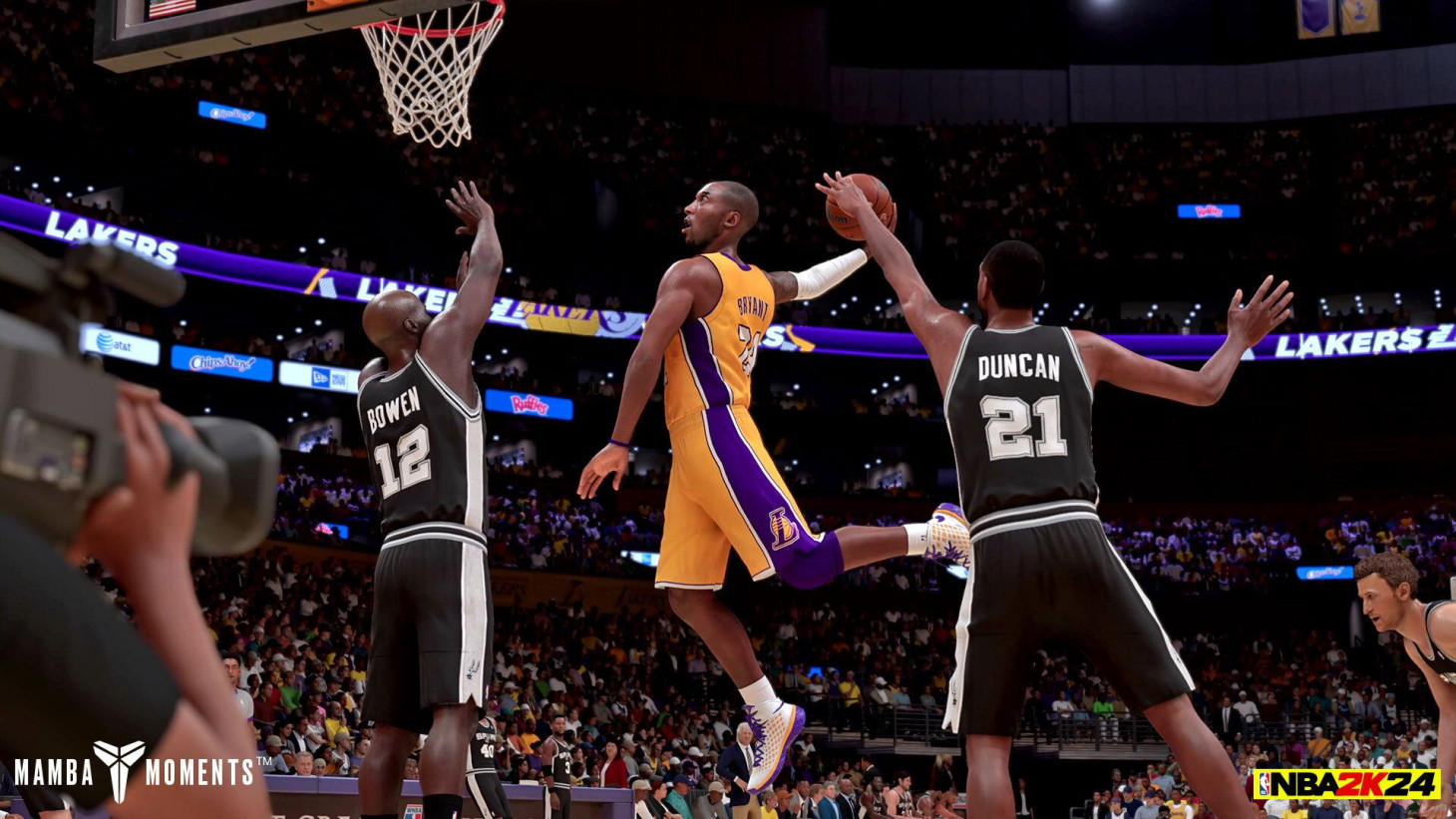
Limited-Time Cards and Fear of Missing Out (FOMO)
2K expertly manipulates FOMO (Fear of Missing Out) through:
-
Limited-time events with exclusive cards
-
Daily pack drops with time-locked availability
-
High-end cards that disappear forever if not obtained in a week
This creates panic-buying behavior, where players feel forced to spend to stay competitive or avoid regret. Missing a top card means getting left behind until the next big release—when the cycle repeats.
FOMO marketing is incredibly effective—and deeply exploitative.
The Auction House: A Broken Economy
In theory, the MyTEAM Auction House allows players to buy and sell cards using MT. In practice, it’s a highly manipulated market, where:
-
Prices are artificially inflated
-
Top cards are hoarded and resold at outrageous rates
-
MT inflation renders budget teams unviable
Sniping deals requires expert timing and knowledge, creating a skill and knowledge gap. More importantly, casual players simply can’t compete with the in-game economy unless they pay to participate.
Events, Tokens, and Seasonal Progression Favor Whales
MyTEAM includes token markets, reward ladders, and seasonal content drops. While these sound fair on paper, in reality:
-
Reward paths are bloated with meaningless items
-
Token cards are outdated compared to pack players
-
Seasonal rewards require long grinds or payment boosts
For example:
-
A player might spend 40+ hours to unlock a single card
-
That card is then outclassed by a pack card released days later
This again reinforces the message: play if you want, but pay if you want to win.
YouTubers, Streamers, and the Promotion of Pay-to-Win Culture
Popular content creators fuel 2K’s revenue engine by:
-
Spending thousands on packs live on stream
-
Showing off paywalled cards in exaggerated thumbnails
-
Creating hype for pack drops regardless of actual value
While many creators criticize the system, they also participate in it—normalizing spending and setting unrealistic expectations. Their sponsored videos often skew perception, making pack addiction look fun and easy rather than dangerous and costly.
What Can Be Done: Fixing MyTEAM’s Competitive Integrity
To restore fairness and player trust, 2K must take steps to limit pay-to-win design:
-
Disclose Pack Odds Transparently
-
Introduce Skill-Based Matchmaking in Online Modes
-
Create Competitive Ladders with Build Restrictions
-
Allow Meaningful Grinding Paths for Top Cards
-
Implement Anti-Gambling Protections for Minors
-
Rebalance Power Creep with Yearlong Meta Cards
These changes could shift MyTEAM from a casino to a true team-building sim—and earn back the community’s goodwill.
Conclusion
NBA 2K24’s MyTEAM mode is visually spectacular, mechanically deep, and filled with iconic players—but all of that is undermined by its aggressive pay-to-win mechanics. When money dictates the court more than strategy or skill, the mode loses its heart.
By locking competitive success behind paywalls and predatory pack odds, 2K alienates much of its fanbase, particularly younger or budget-conscious players. To fix this, the developers must rethink monetization from the ground up—before the only players left are those willing to gamble their savings on pixelated cards.
Fair play shouldn’t be for sale—and in a true sports simulation, it never should have been.



